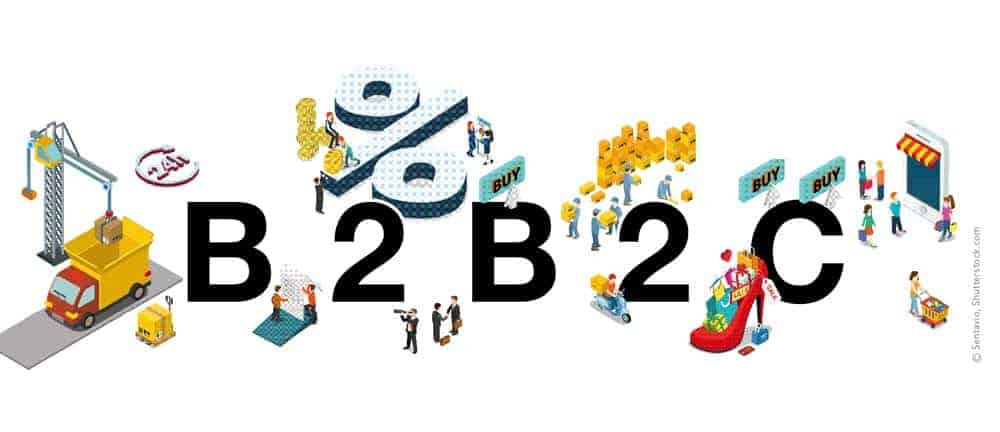Digitization in SMEs must become a matter for the boss


Procurement is entering a new decade. Time to put the digitalization status of medium-sized procurement organizations to the test: How successfully are data, processes and networking really organized in the procurement departments of medium-sized companies? How high is the level of digitalization and networking in SMEs?
In our latest study, in collaboration with ESB Business School and the German Association of Materials Management, Purchasing and Logistics (BME), we surveyed selected companies on the success factors of digital procurement in SMEs.
Together with our scientific partner, we surveyed a total of 272 companies from the German SME sector, including many SAP users. The results are sobering: the digitalization of procurement in SMEs is not yet far enough advanced.
A look at the data shows, among other things, that one in three companies works without a documented purchasing strategy and that the use of digital procurement sources and, in particular, the digital catalog ratio is below 50 percent in around half of SMEs.
And this is despite the fact that digitalization as a prerequisite for automation is the perennial issue in procurement: whether in terms of purchasing strategy, data quality or catalog quotas, the necessary prerequisites for holistic automation are often lacking in all areas of procurement, despite recognizable approaches and the partial use of digital solutions.
Only a very small proportion of companies - specifically 15 percent of SMEs and 23 percent of large SMEs - use digital systems for process optimization in purchasing.
This in turn surprises me in view of the wide range of tools and systems with a very high degree of maturity that have enabled digitalization, especially in operational purchasing, for some time now.
In an exchange with Gunnar Schmidt, Federal Board Member for SMEs at the BME, we were able to see the tensions faced by SMEs: SMEs are struggling between market success and setting the course for the future. Overall, there is clearly too little investment in value-adding, effective digital solutions that relieve the burden on buyers.
Digital pulse generator
Procurement organizations have always been the source of innovation, diversification and growth. At the interfaces to the markets, they are therefore also a decisive driver of digitalization and automation across company boundaries.
This is absolutely essential, as procurement is and will continue to be faced with the major challenges of changing markets, growing supply chain risks and a rapidly changing world of work.
Small, medium-sized and large companies are feeling this pressure all the more. They often lack the expertise, resources or the right strategy for holistic digitalization.
I am firmly convinced that if procurement in SMEs is perceived less as "hidden" and more as a "champion" in the future, the opportunities of digitalization will not be wasted.
In addition, decision-makers will have to become digitalization officers themselves in order to be able to drive forward the right solutions and ideas for the 2020 procurement agenda and beyond.
For me, this means first and foremost that we need to talk about a new way of thinking in order to achieve a successful digital transformation.
Only the establishment of a digital mindset at SME management level enables sustainable change in procurement and therefore in the entire company.




